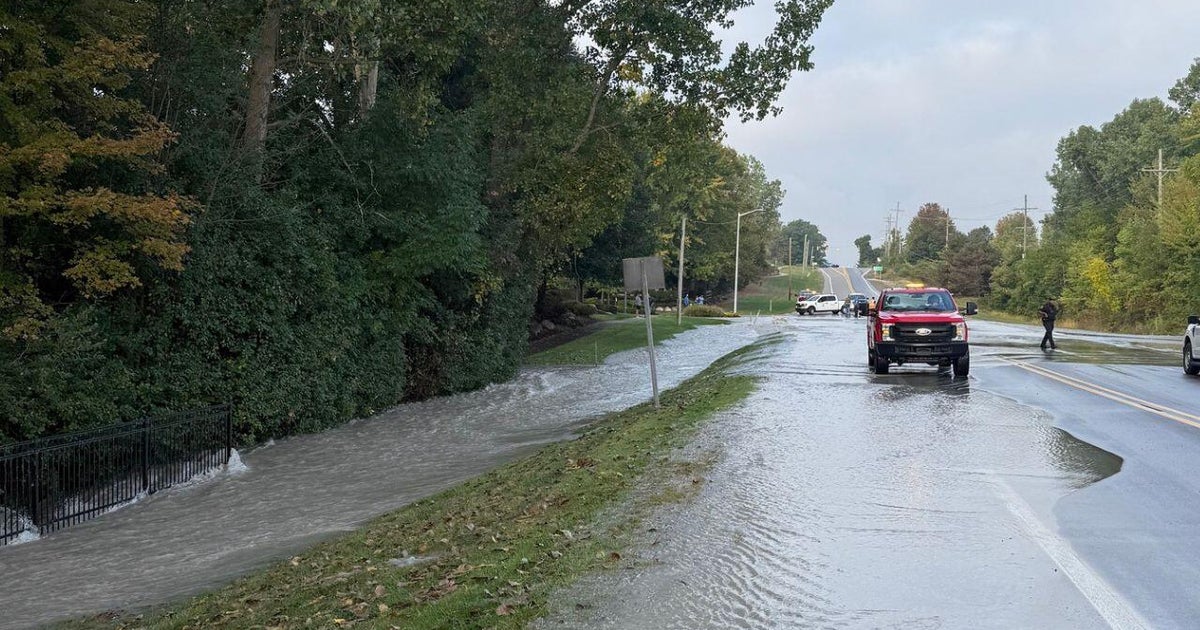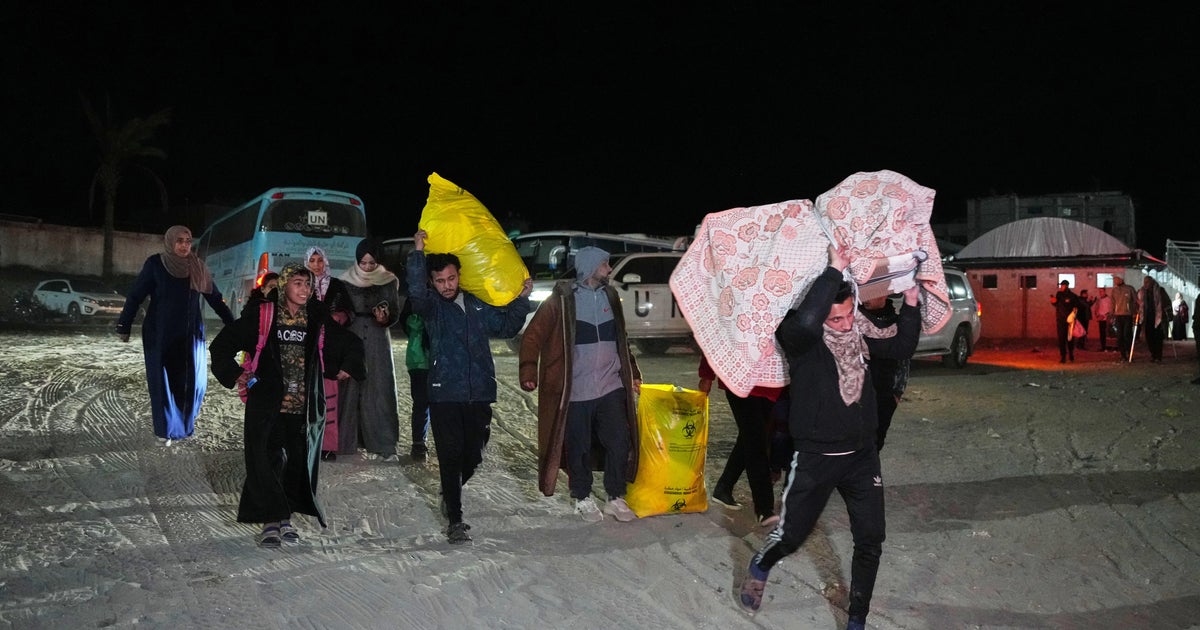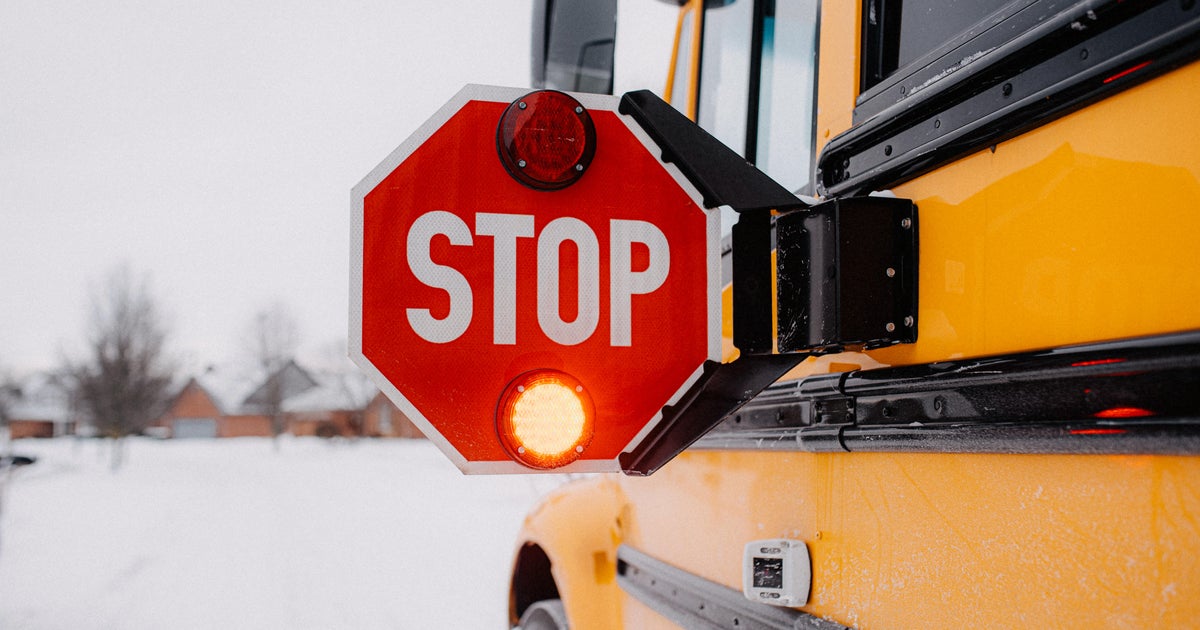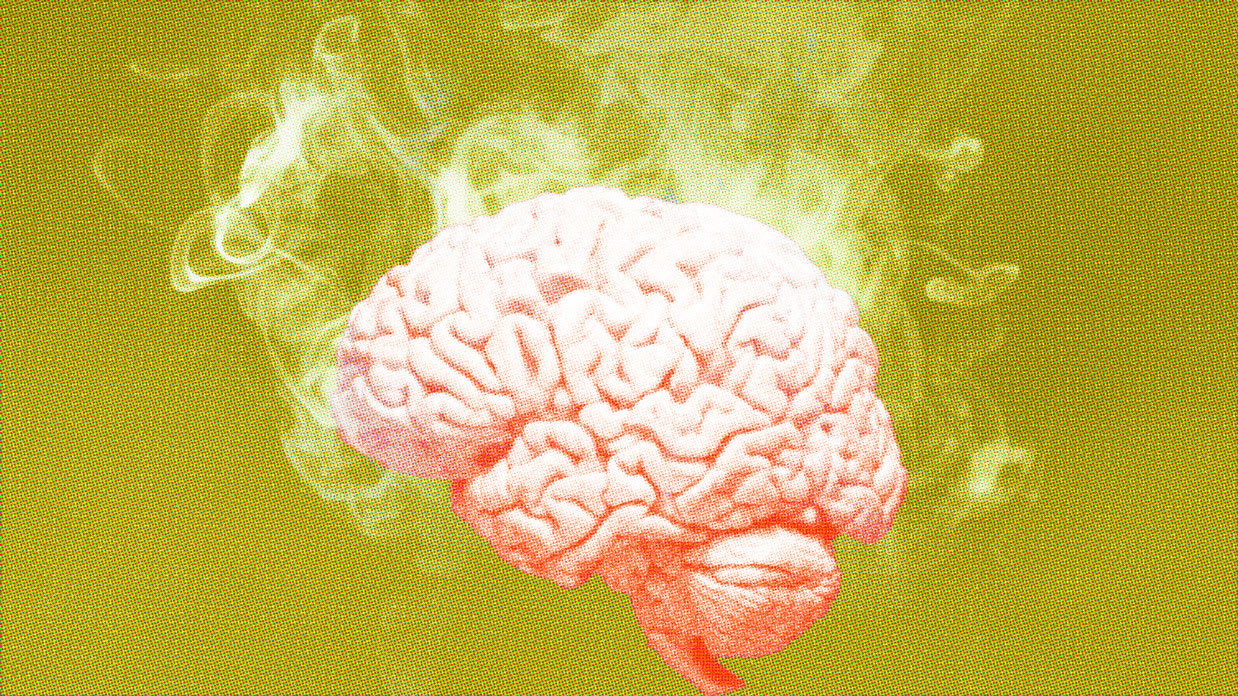Americans grapple with "what's next" amid pandemic restrictions and social distancing
The coronavirus pandemic has forced many people across the country to stay at home, whether they need to self-quarantine or they are simply following calls for social distancing. Some families are adjusting to having schools closed, while others are coping with not being able to be with their elderly parents.
Hayleigh Gonzalez, 13, in New York City said she was able to focus "way better" using Google Classroom to interact with her teachers and peers than she is in person.
But for high school senior Meg Boone in McKinney, Texas, many uncertainties have made being home difficult. "Emotionally, it's just been kind of hard as just like a normal teenage kid to think, 'Well, what's going to happen next, what about college, what about my diploma, what about finishing high school, what's next?'" she said.
Mona Mouallem, who cares for her 90-year-old father and 78-year-old mother, is worried about the possibility of infecting them as she works from her home in New York City.
"My greatest fear is bringing something home to them," she told CBS News correspondent David Begnaud. "I go to grocery stores late at night, after midnight, to make sure I'm minimizing exposure, same thing with pharmacies. I don't take cabs anywhere. I won't order Ubers."
She even stays six feet away from her parents while she's home with them.
"That's been tough," she said. "They're anxious. They're terrified, and I can't hug them. I can't hold their hand, and I recognize that maybe some of the things I'm doing, maybe they're a little bit extreme, but I cannot carry that kind of guilt should something happen to them."
Bill Rehkopf, a CBS News Radio correspondent, and his family were not able to be by his mother's side when she died this past weekend from natural causes. New guidance prevents nursing home visitors unless the person in the center is dying, but Rehkopf's family didn't know how imminent his mother Laurilie's death was.
It was especially hard for Rehkopf's father.
"He had been her staunchest advocate and caretaker," Rehkopf said. "Always taking her to the doctor, always advocating, always stepping in when a hospitalist or a doctor didn't get it, and making sure that they got it, and ironically on her last day of life, he couldn't be there."



